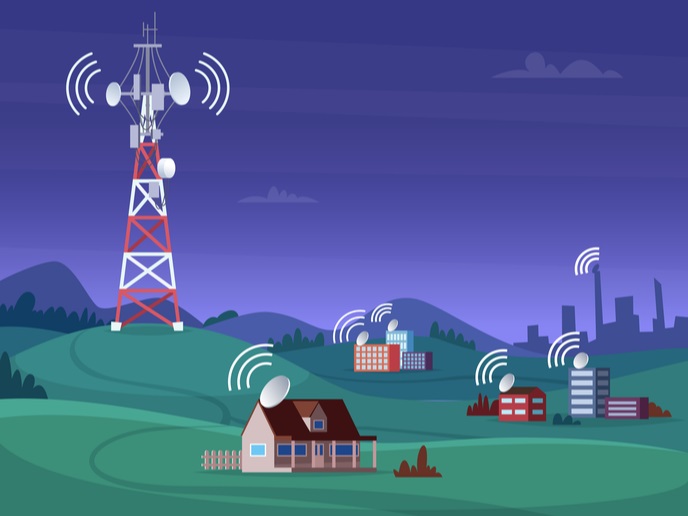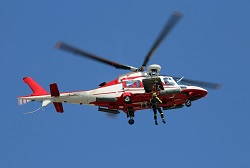Users prepare the future of Copernicus
Monitoring the Earth's seas and atmosphere is of critical importance. It helps to understand how our planet and its climate are changing, the role played by human activities and the impact on our daily lives. Such information helps policymakers, public authorities and businesses to take informed actions. Copernicus, the European Union's Earth observation programme, previously known as Global Monitoring for Environment and Security (GMES), provides this information. Based on data from a constellation of satellites and in situ sensors including ground, airborne and seaborne sensors, it provides users with six services, including marine and atmosphere monitoring services. With funding from the EU, the project GMES-PURE(opens in new window) (GMES - Partnership for user requirement evaluation) set out to consult the users on their prospective needs in the domains of marine and atmosphere monitoring. The aim was to ensure the participation of a very large user community in the definition of long-term requirements for the Copernicus services and infrastructure. The GMES-PURE consortium gathered the expertise in user consultation and user requirements definition. Through extensive consultations with a broad range of European communities, the project partners implemented a transparent process for their involvement in the long-term evolution of Copernicus services and the necessary space observation infrastructure. Interaction with the user communities was facilitated through a series of dedicated workshops where results for a given application were presented step-by-step. On the other hand, through expert team meetings, the GMES-PURE partners gathered additional input, processed and analysed the data to arrive at a consolidated set of user requirements. The output of the GMES-PURE project will help the European Commission to define the future of the marine and atmosphere monitoring services and observation infrastructure of Copernicus. The experience gained will also be used for the implementation of similar user involvement processes for other services.







